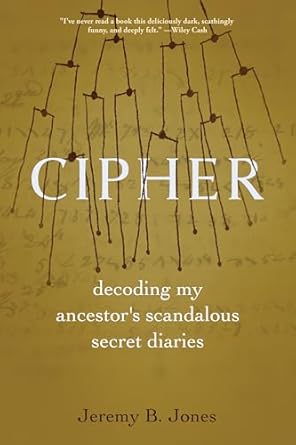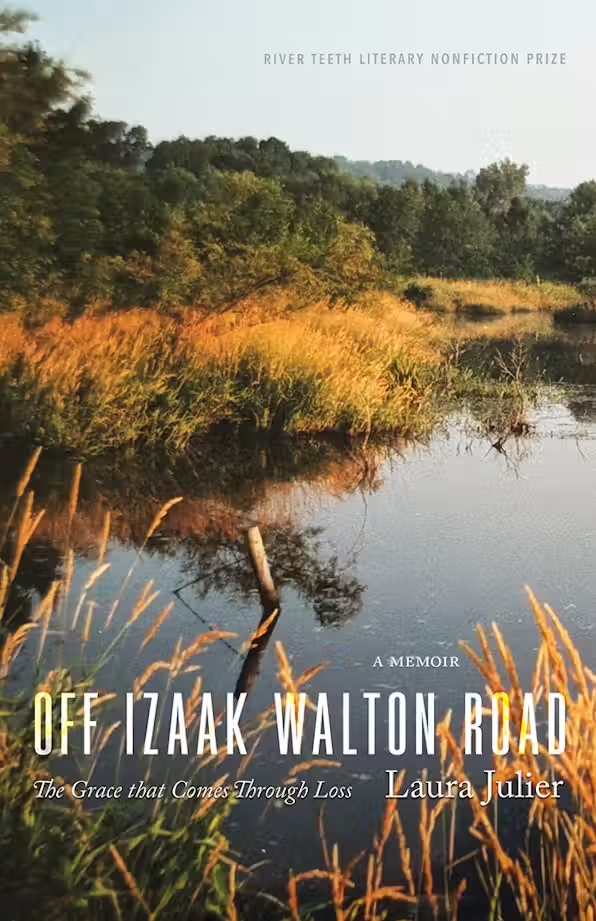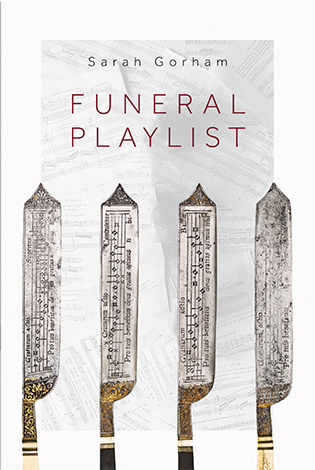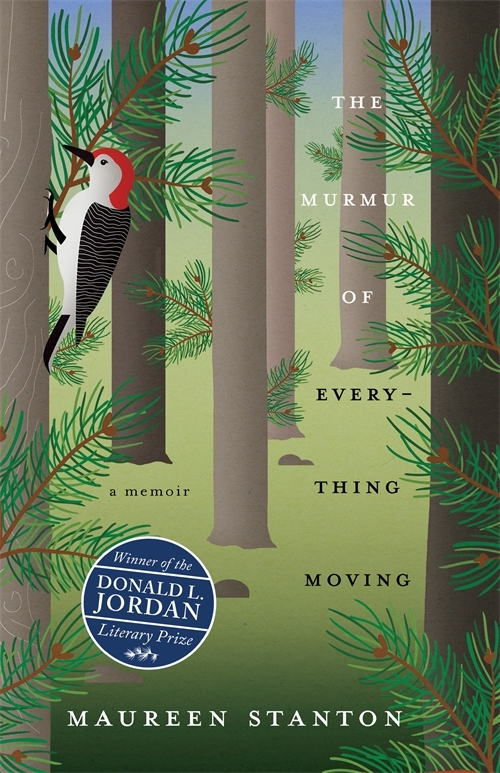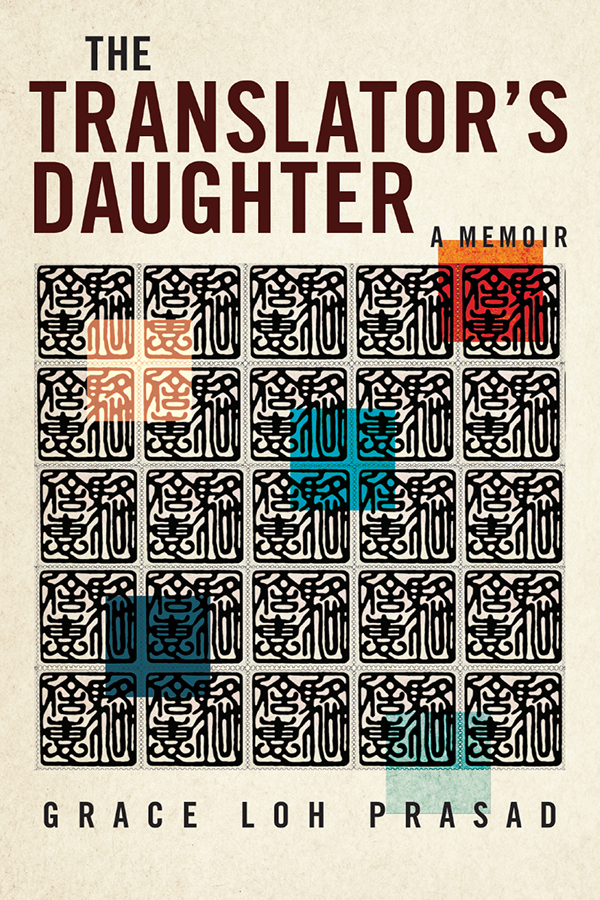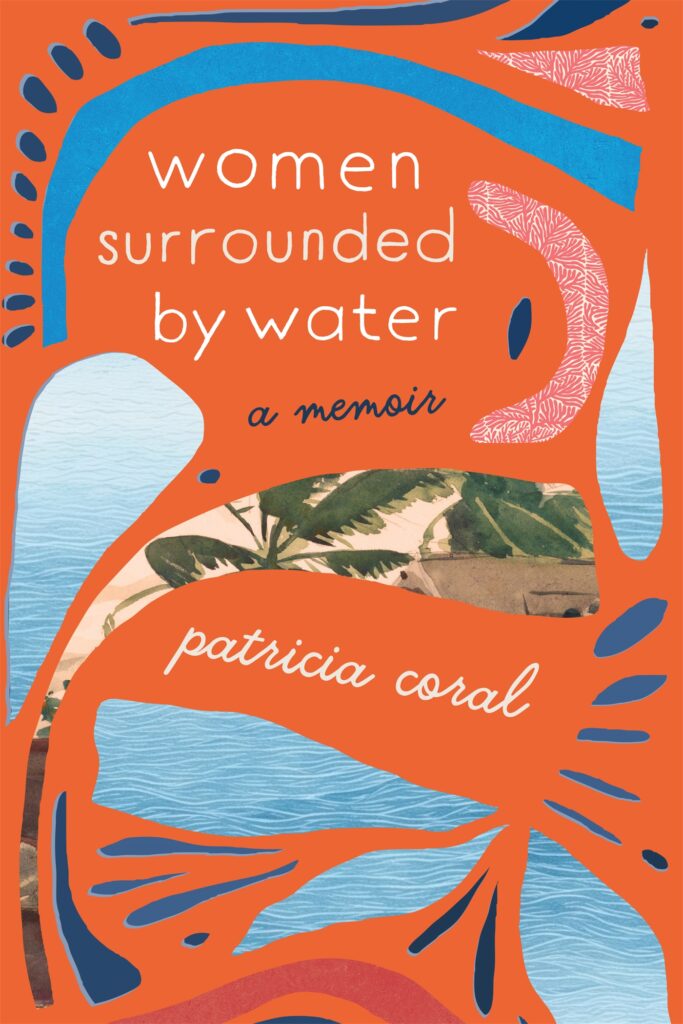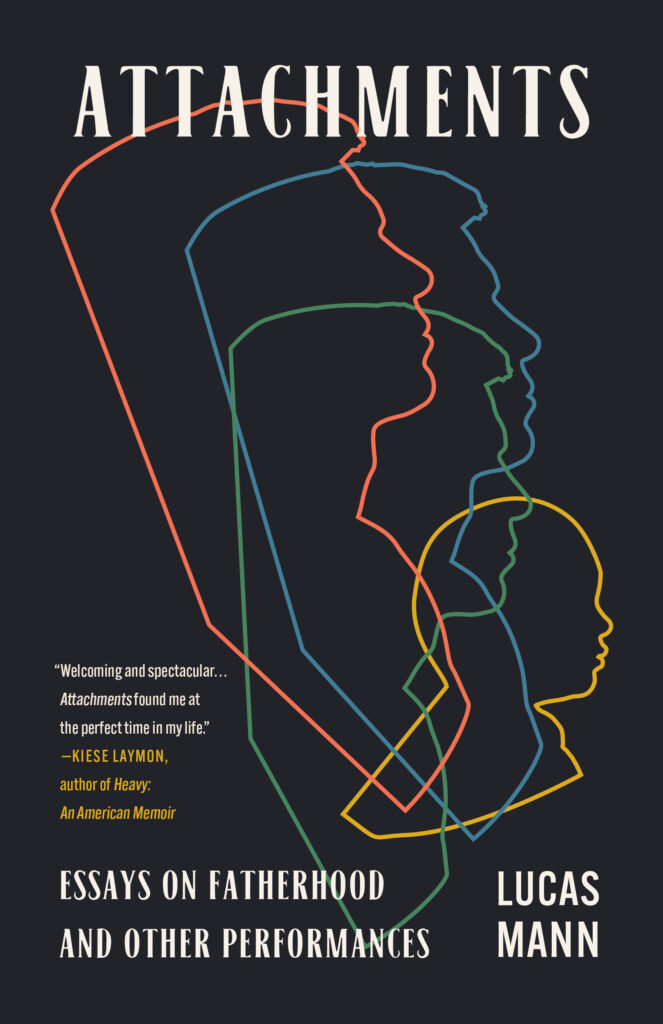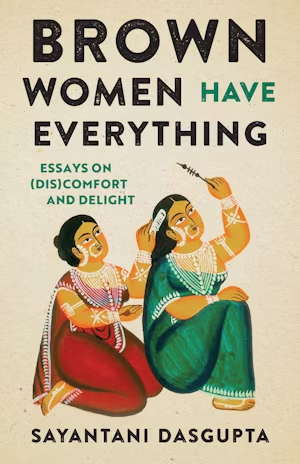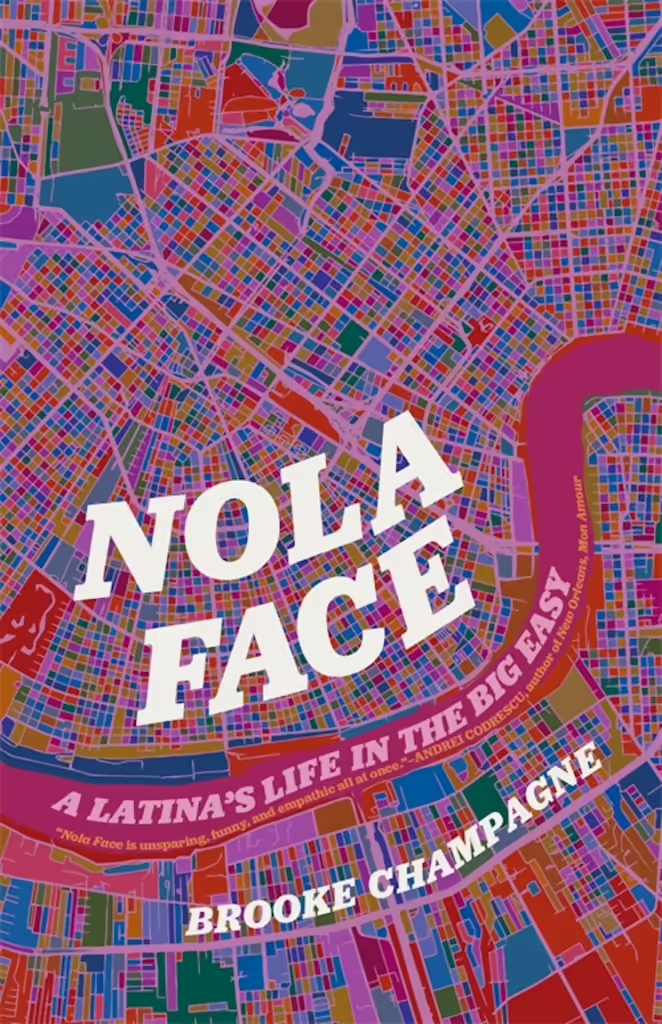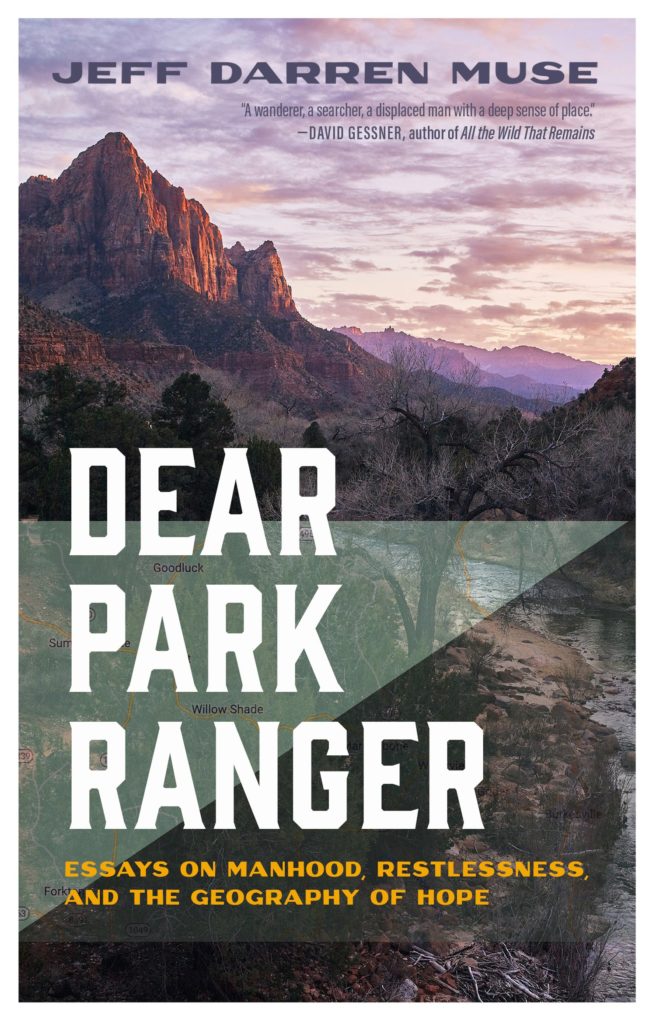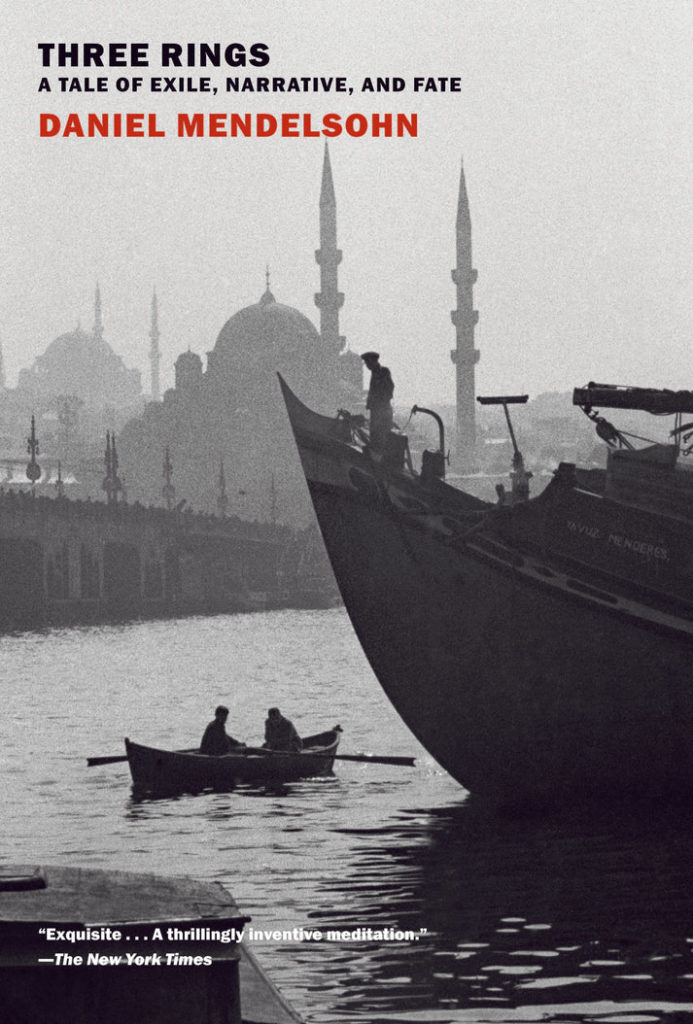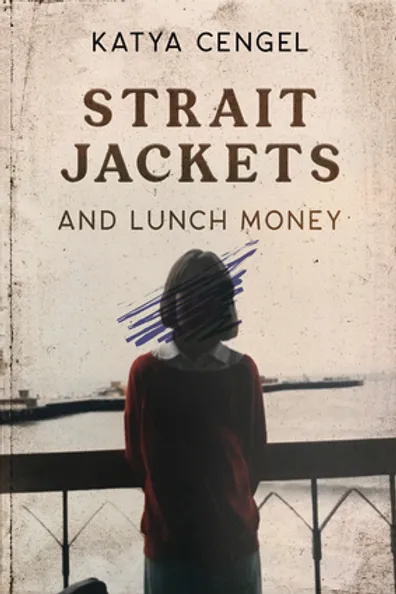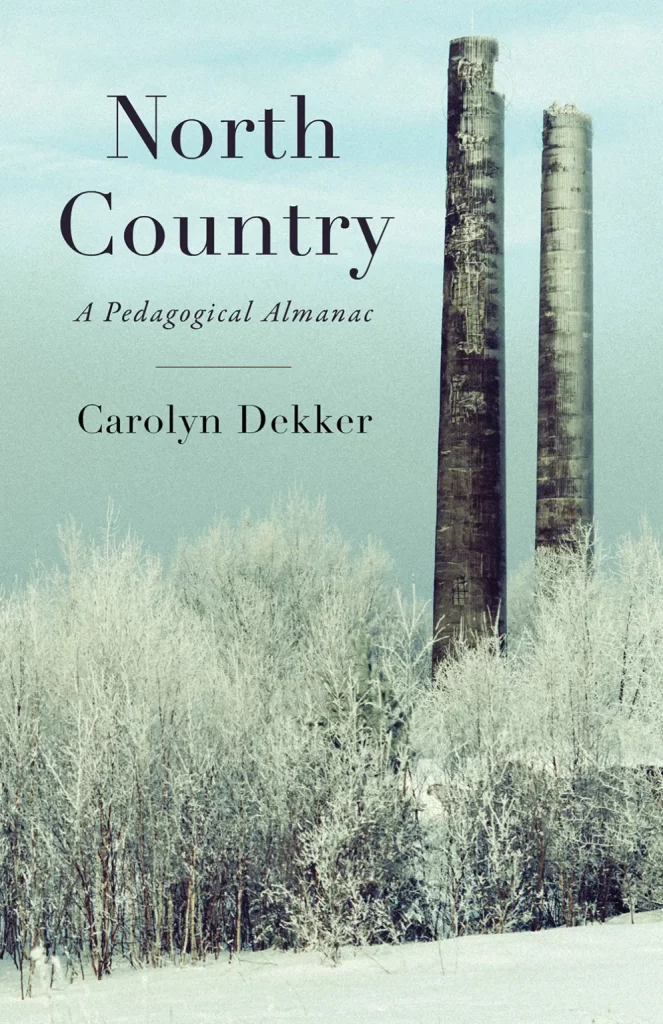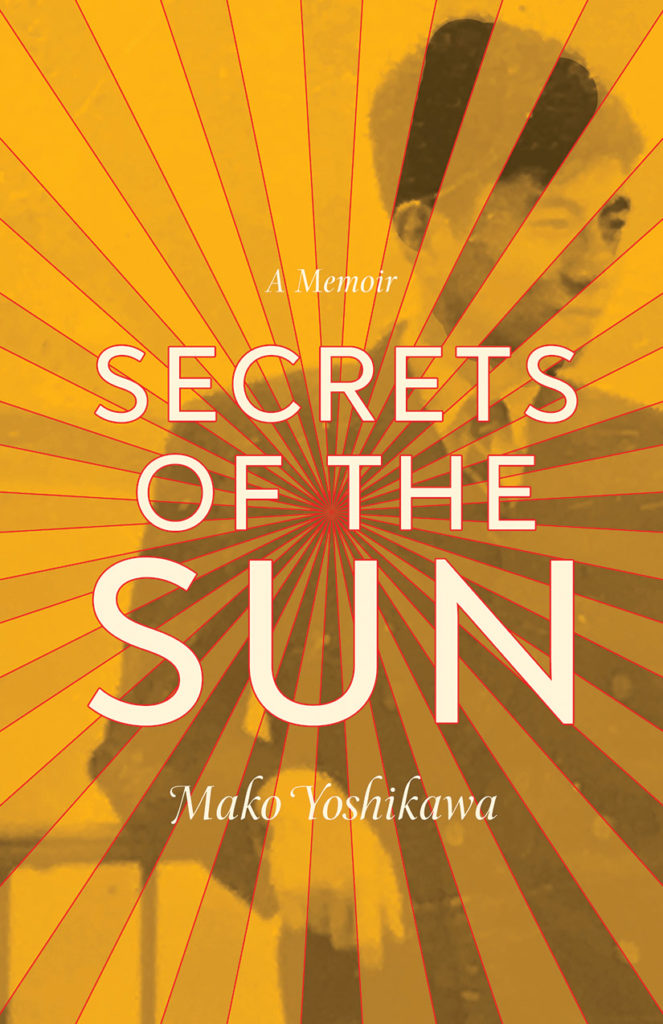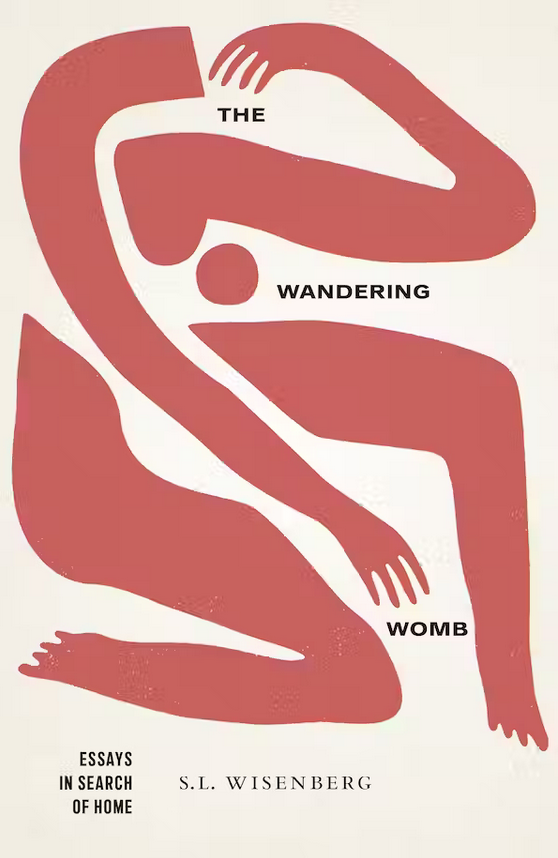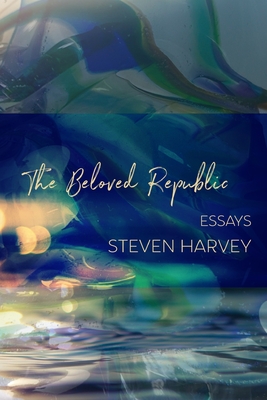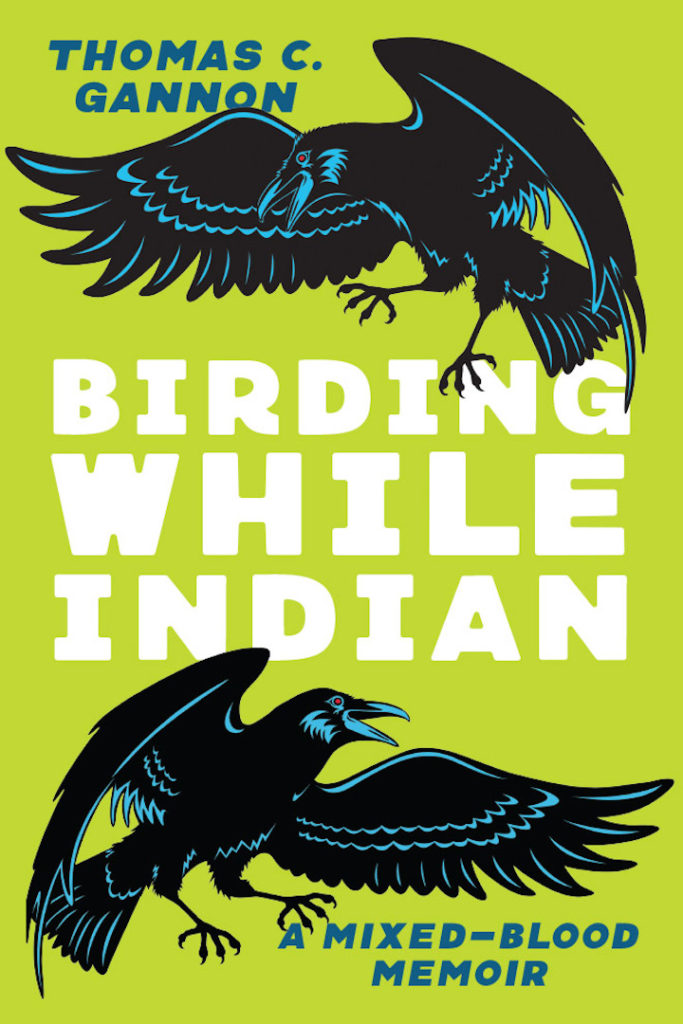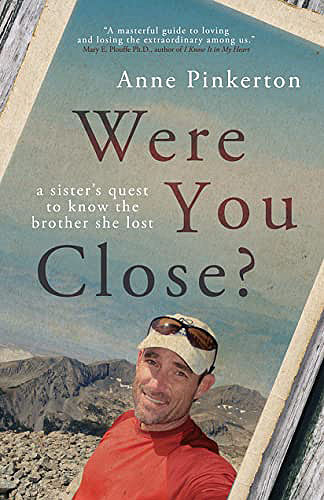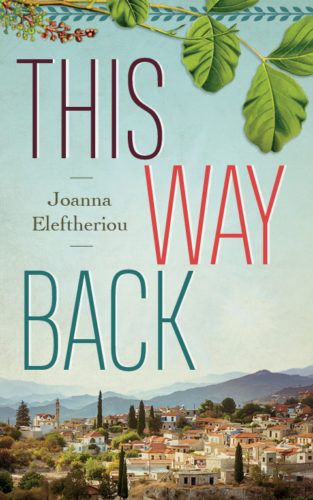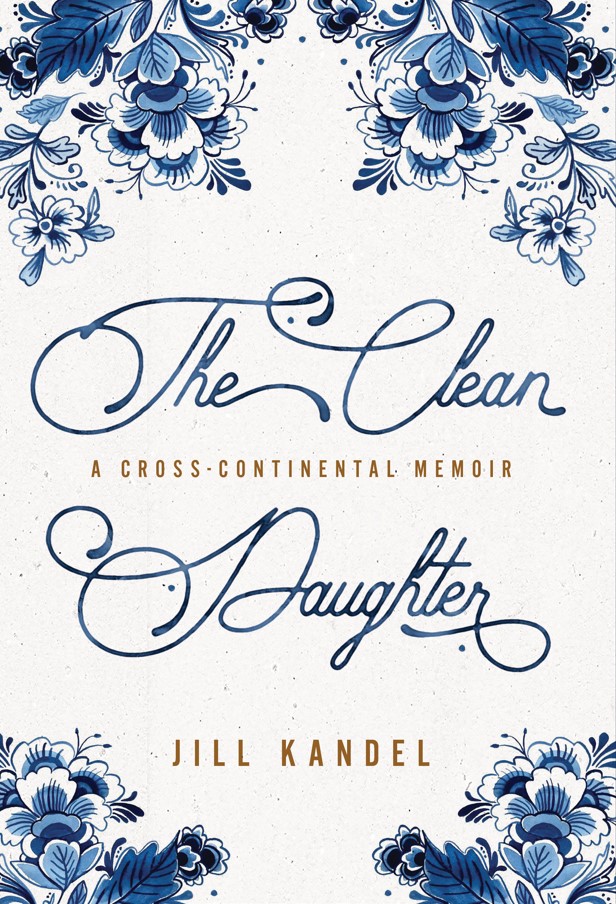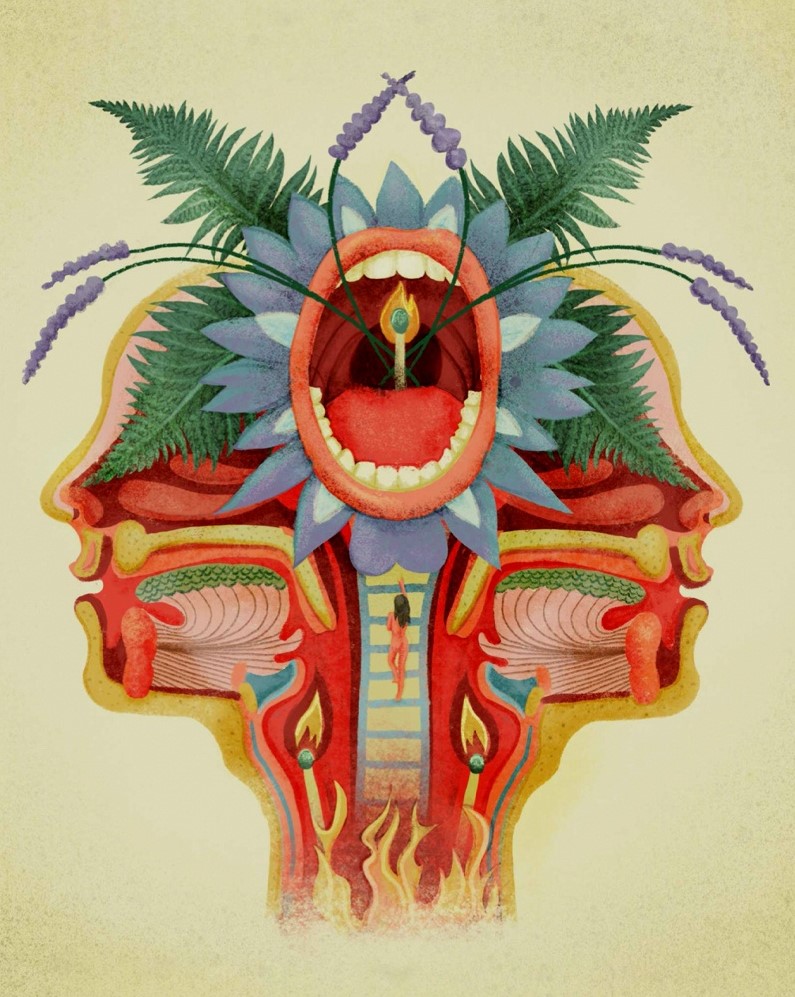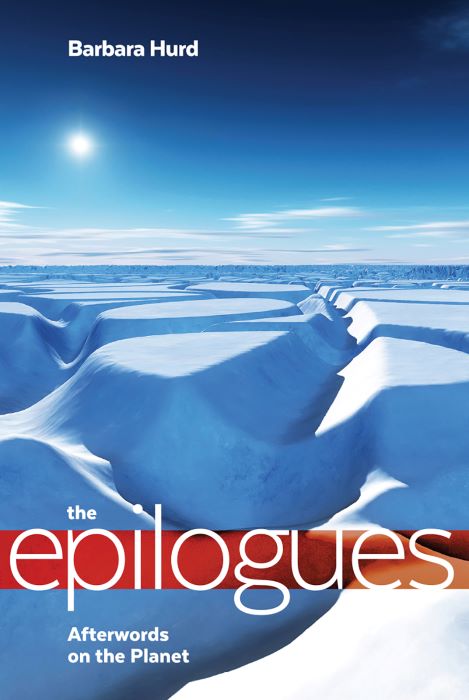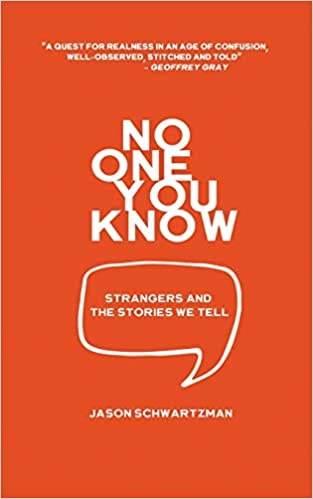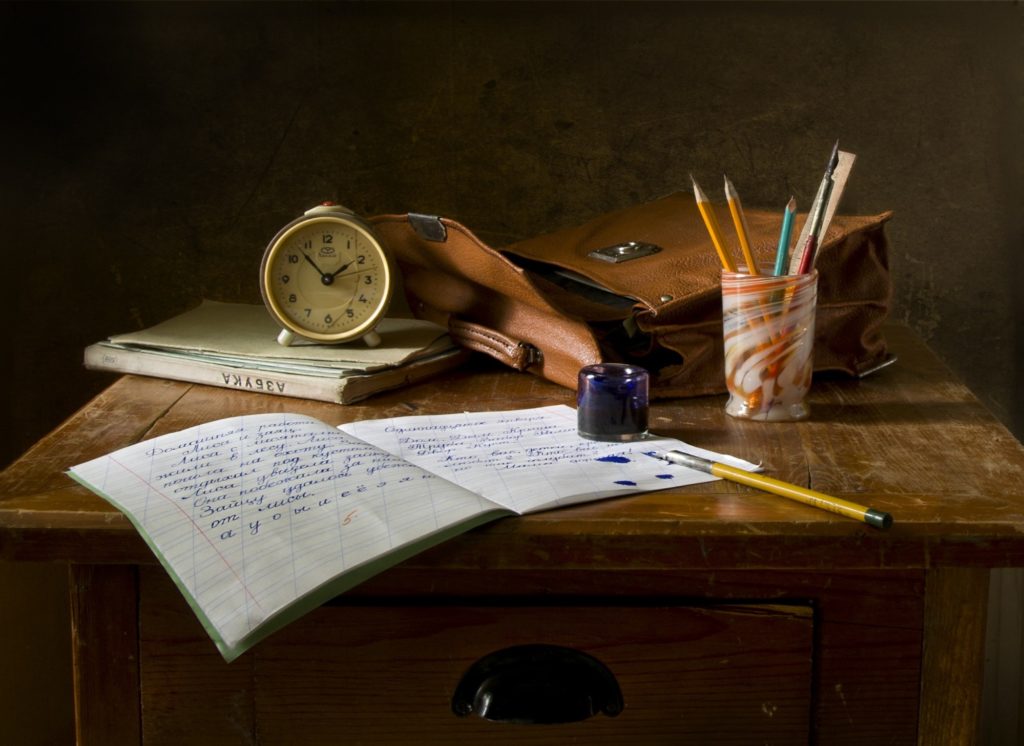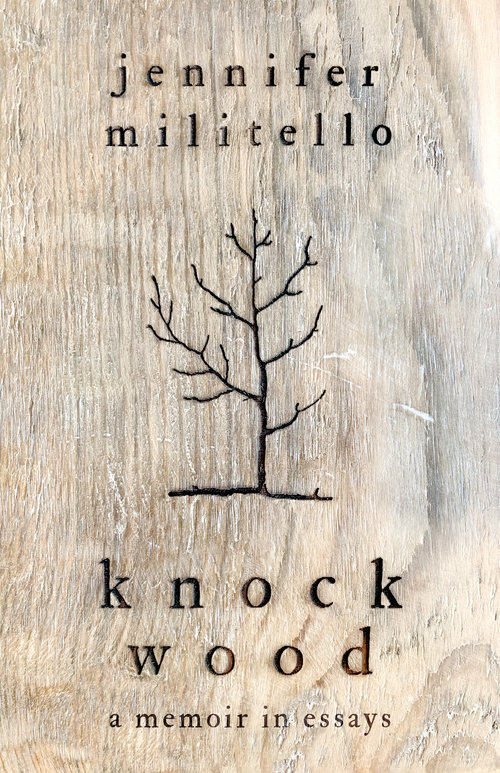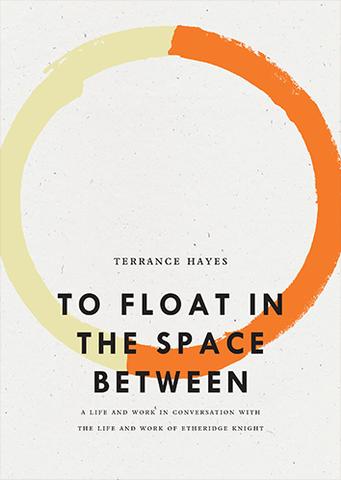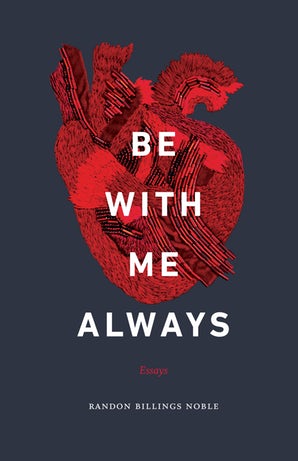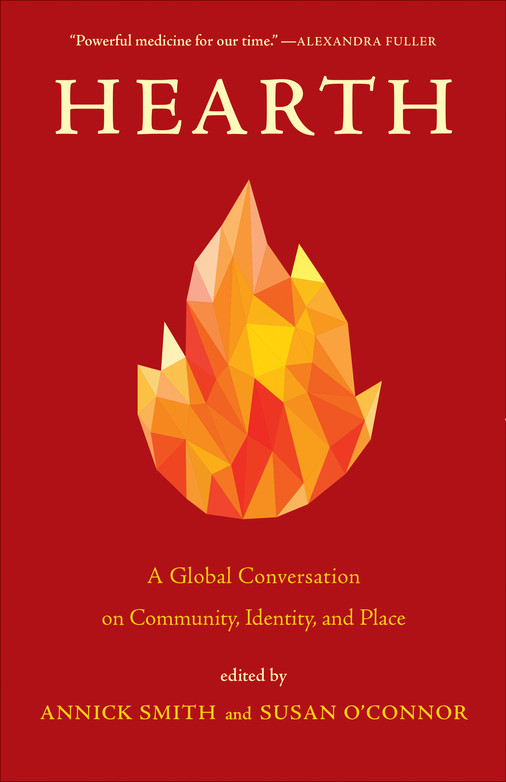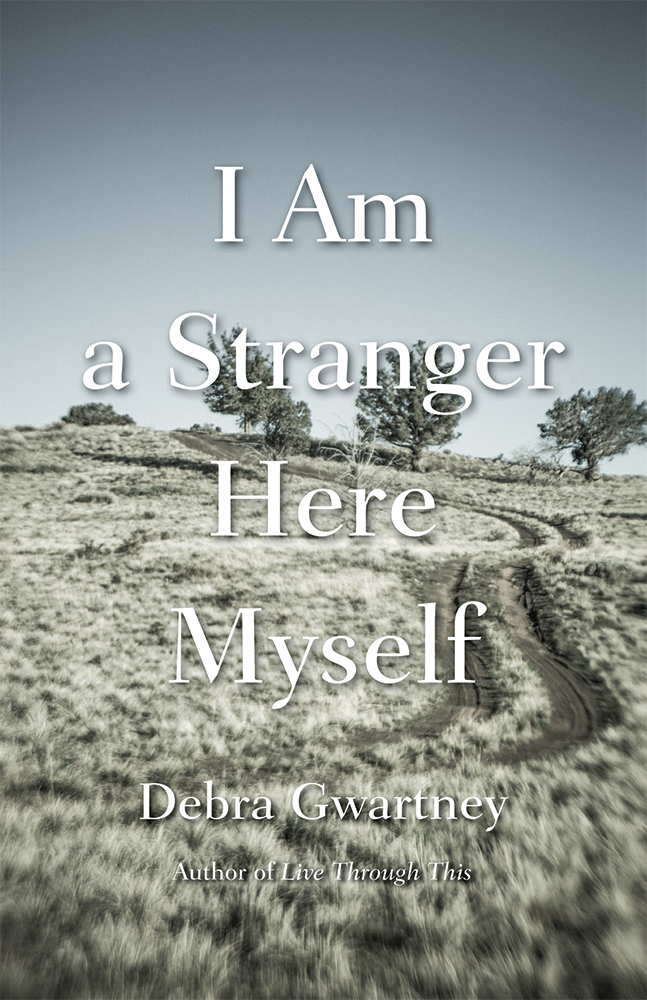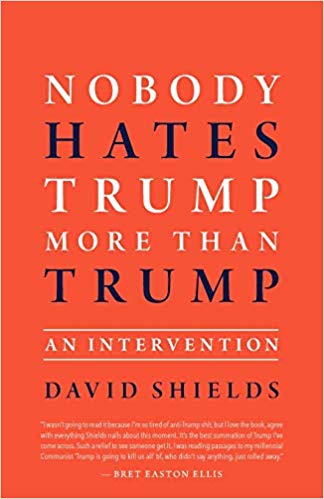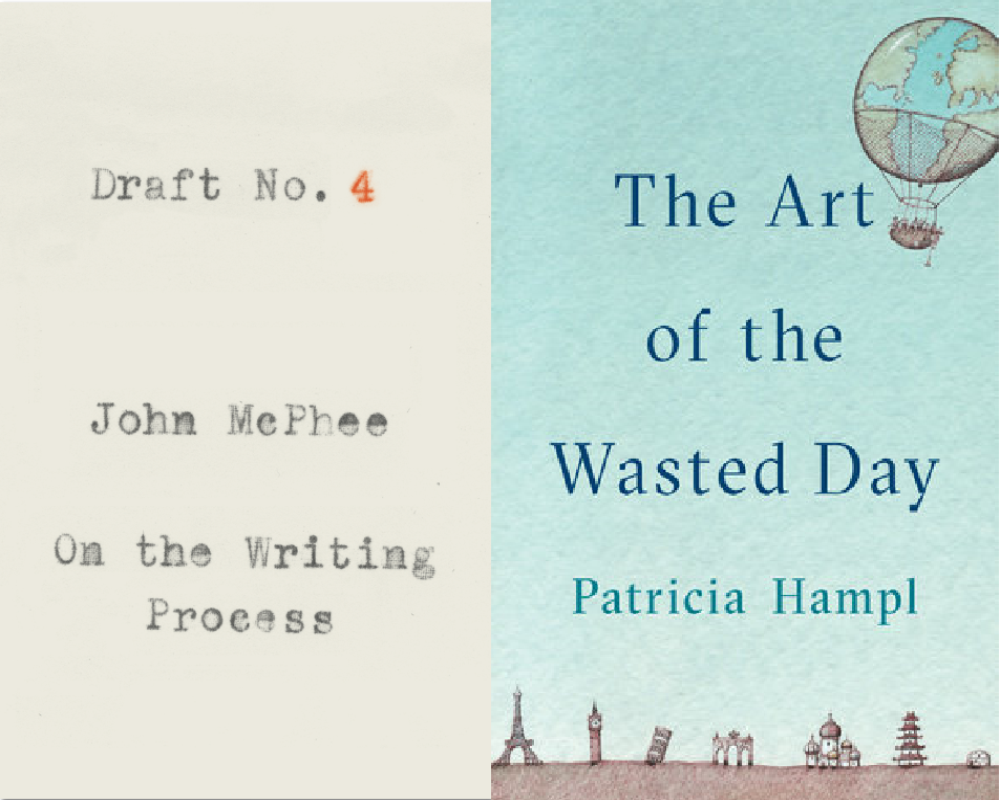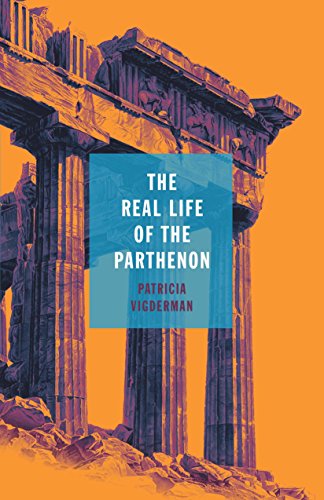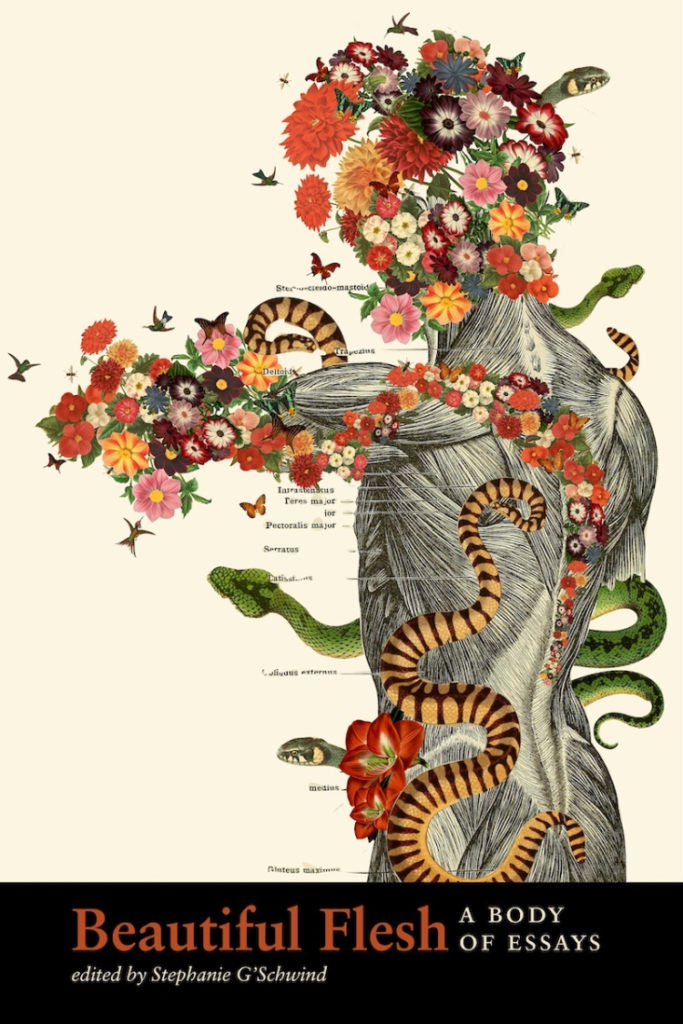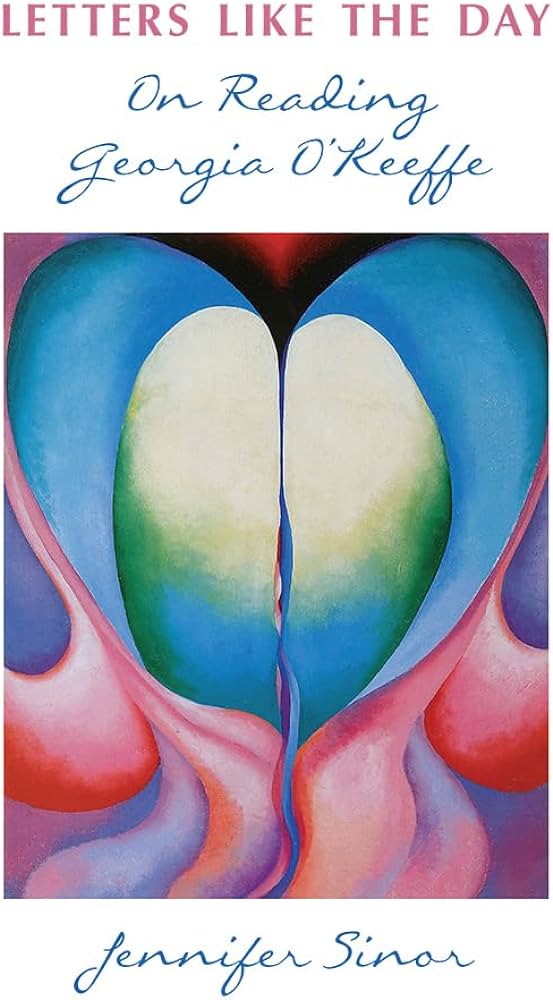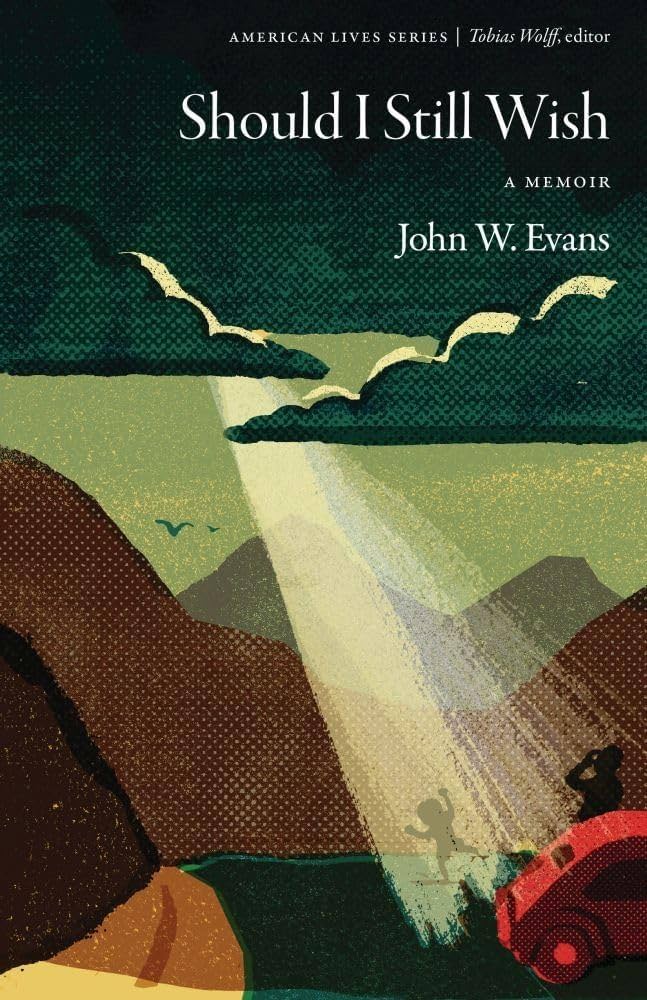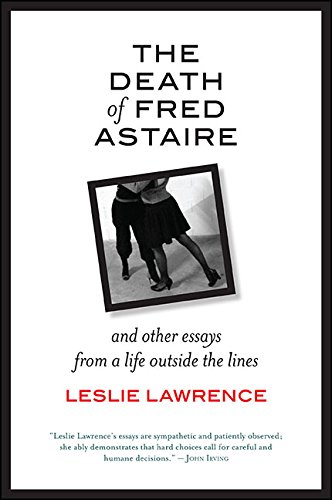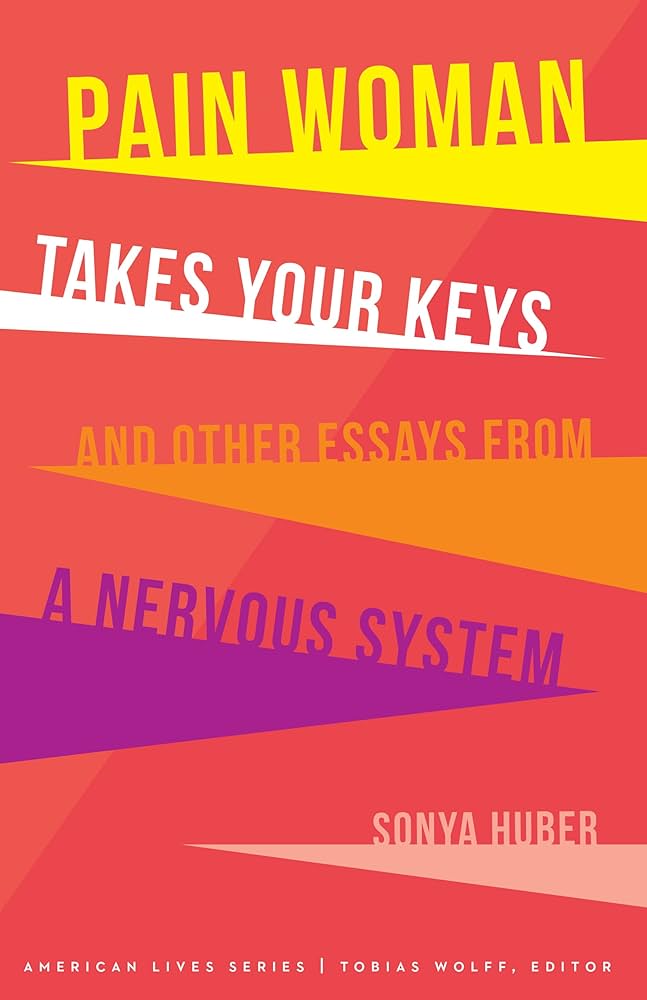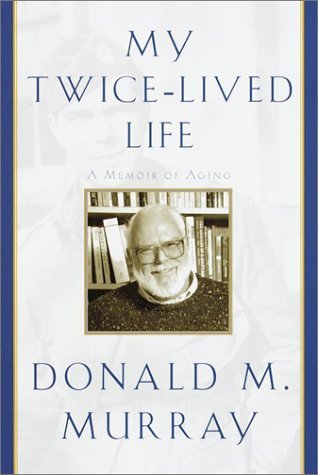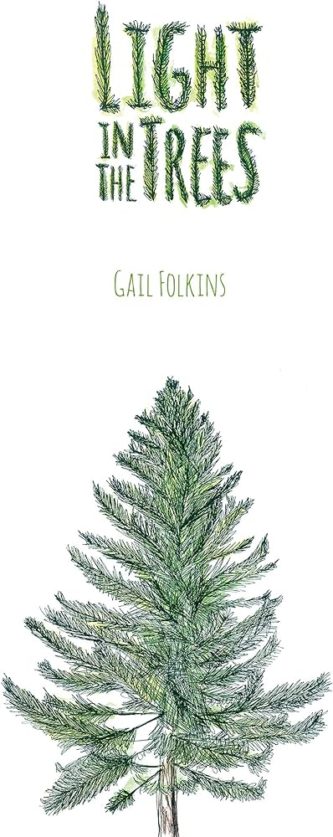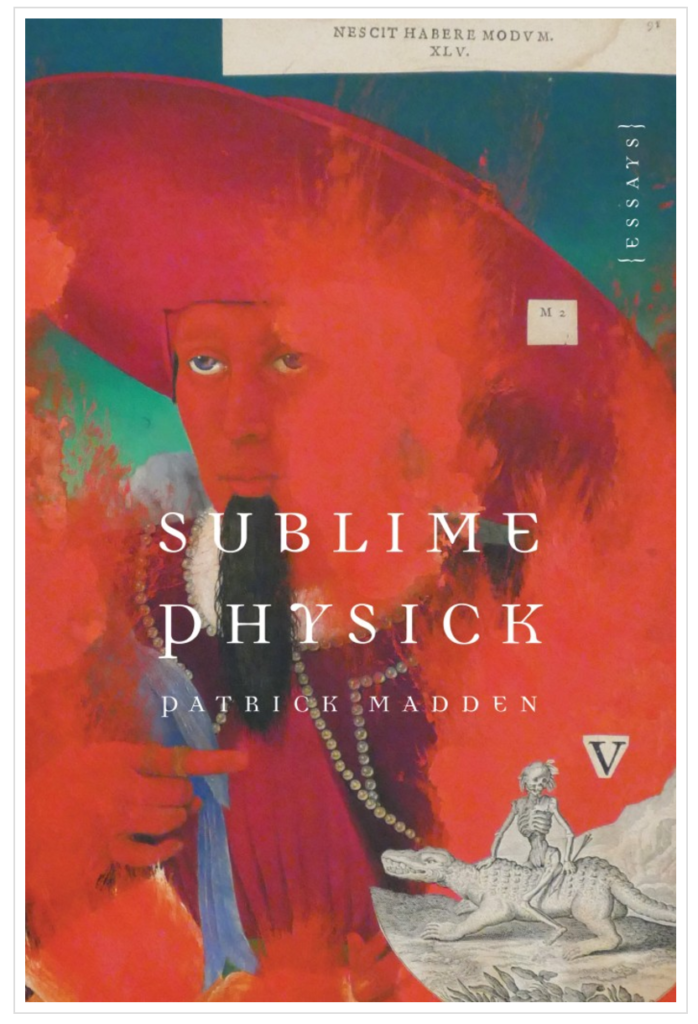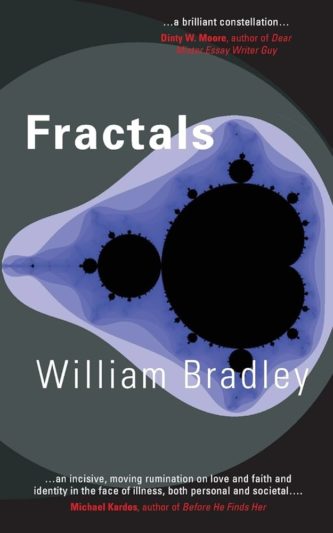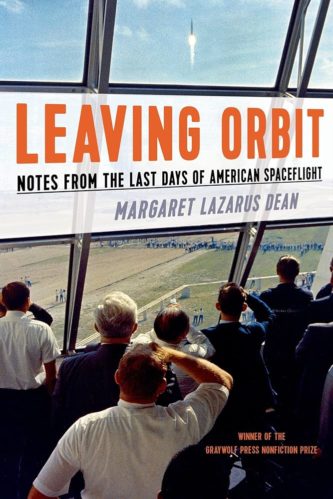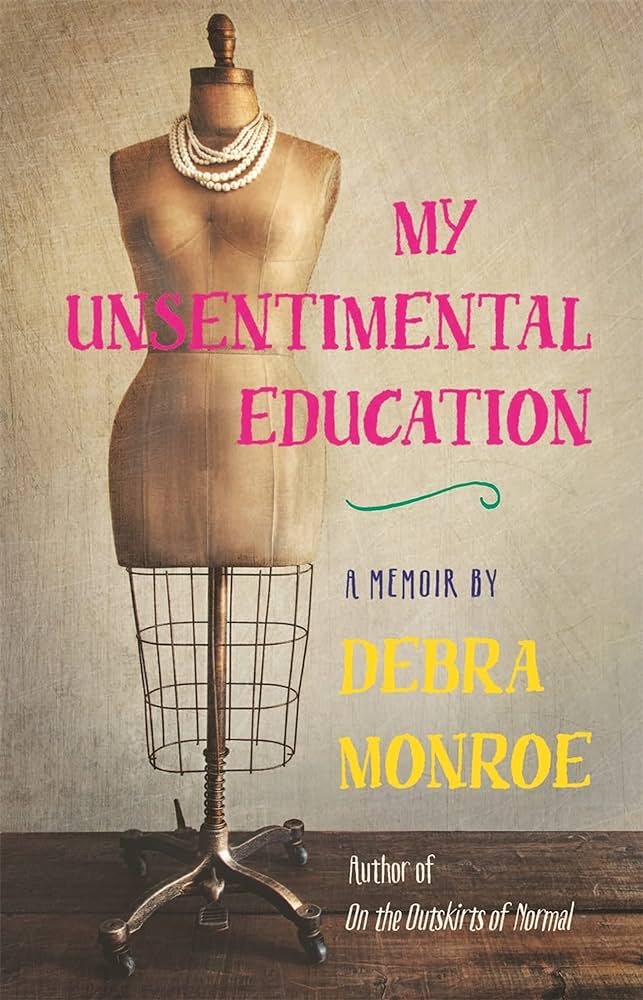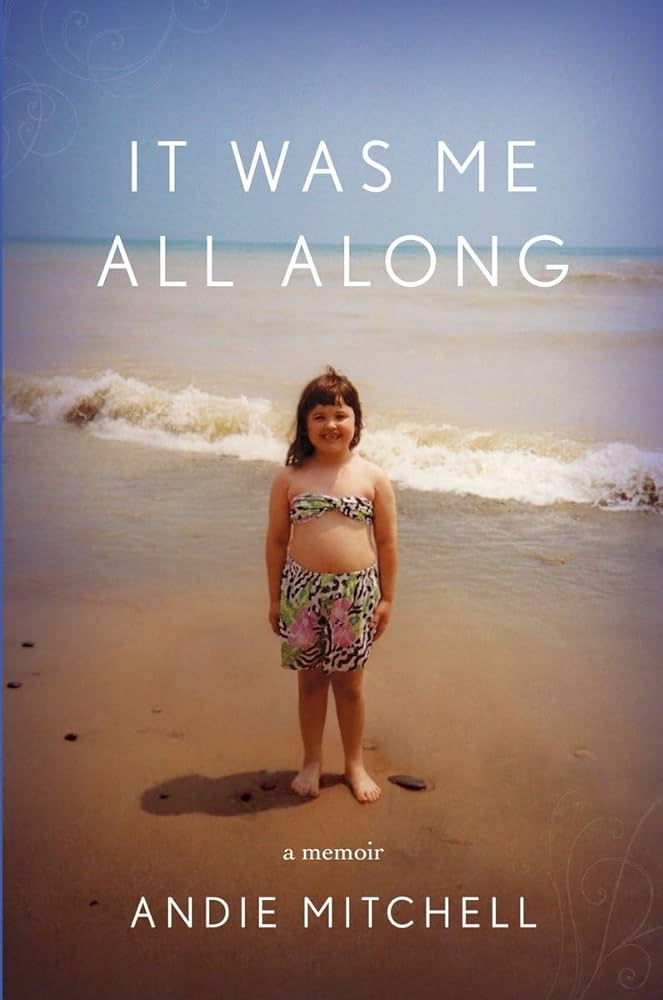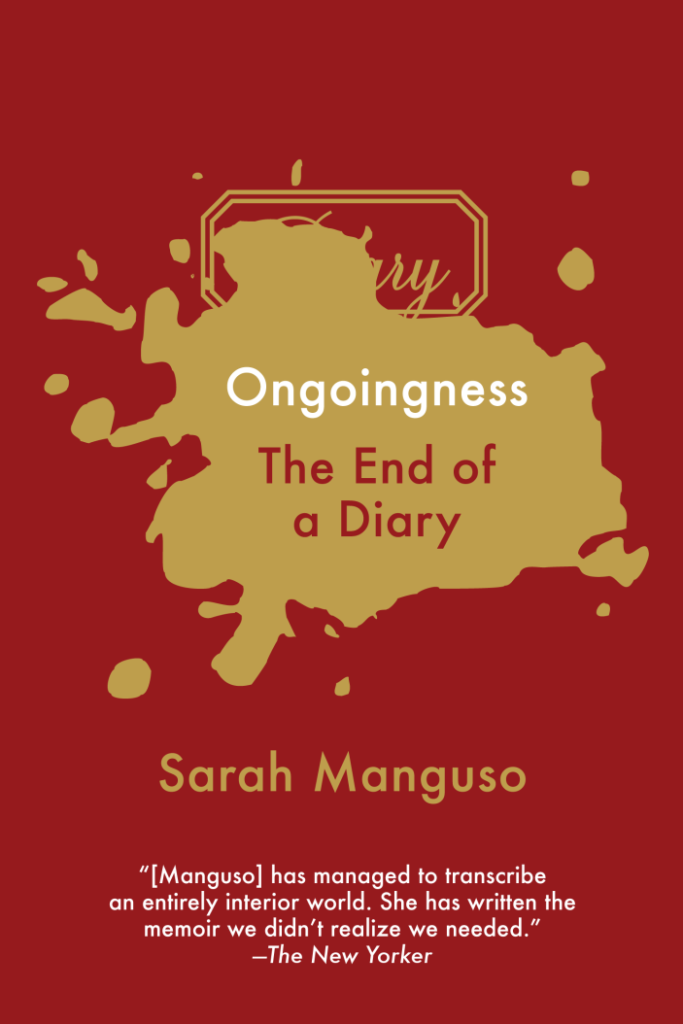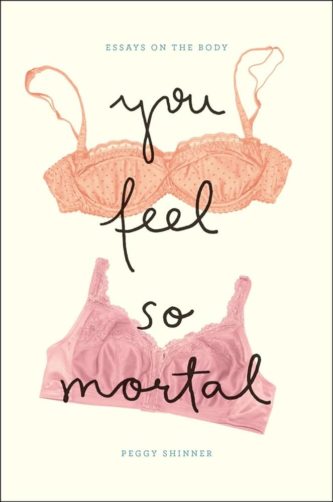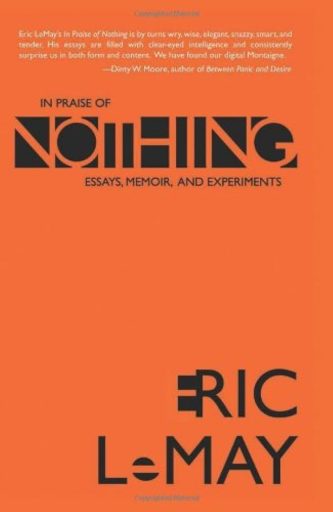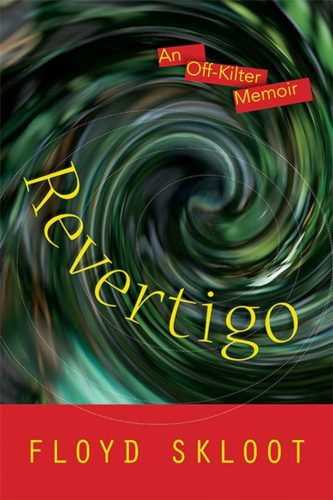By D.L. Hall
Flesh and Stones: Field Notes from a Finite World by Jan Shoemaker
I read Jan Shoemaker’s collection of essays while America was casting votes for the forty-fifth president. So, when I say I read this memoir during a time of despair, I mean it was like waking up in the middle of a nightmare, surrounded by folks you love who are bedazzled by flash and bravado, who have fallen for a con man’s promise to return us to the golden age of white middle-class America. It was in this state of reckoning that I entered Shoemaker’s world where the first essay opens in the middle of a white-knuckled cab ride in India, heading to the caves of Ellora, and, right away, I was clicking on my seat belt because here was where I needed to be—engaged in the world and unfearful of others. Flesh and Stone came to me at the right time, bringing a nostalgic reminder of the connections Americans share, why we need literature more than ever, and how our neighbors, our country, and, most important, our families are worth fighting for. Civilization is worth the fight.
Twenty-one essays comprise Flesh and Stone’s three “books”: “Impress of Vanished Lives,” “The High Ambitions of Love,” and “Musings from the Soft Tissues.” Each are crafted as stand-alone pieces, often braided, connecting theme and portraying Shoemaker’s mostly average life as an English teacher who lives in Michigan with her husband and travels on occasion with her daughters, and who is losing her mother slowly to Alzheimer’s. Although peppered with the philosophical and spiritual questions she poses to her classes—teaching the Upanishads, the essays of Thoreau, or the poems of Dickinson—she balances her life with family tailgating at Michigan State University’s football games and her husband’s obsession with ESPN on weekends. In the end, there is an equilibrium between the common duties of daily life and the art, literature and spiritual teachings on which she ruminates. In fact, the whole work takes a bow at both the sublime and the banal.
I finished a few of the early essays at the salon getting my hair cut and colored for the December holidays. My stylist Lora, a Trump voter, pulled and fretted with my scalp until I reminded her of how tender-headed I was. I had not asked if she was pleased with the results of the election because I knew I could not hide my disdain for her answer, which is why I was agitated—that plus the sore scalp—and may have taken it out on Shoemaker because when she admitted to disliking foreign films because she had to read subtitles, I wrote in the margins: “If I weren’t writing a review, I’d stop here.”
But then Queen’s “Bohemian Rhapsody” began to play on the salon speakers and Lora got excited and shared a story about her Southern father (we live in Georgia): “When I first heard Queen, we were riding in Daddy’s pick-up truck when this song came on the radio, and I asked who was singing and he said, ‘That’s Freddie Mercury; he’s a bucked-tooth faggot, but he sure can sing,’” and I almost spit out the water I was drinking and remembered that the word “culture” is spelled with a small “c” and includes driving on dirt roads in Georgia, listening to Queen with a father who denigrates and admires the band’s singer in one breath. It made me understand Lora more, and I recovered from the agitation I was feeling by reading on while the color was setting and learned how many ways Shoemaker is a citizen of the world and a spiritual seeker, but, I’ll have you know, even Lora watches foreign films.
One of the most poetic pieces is “The Presence of Absence” in which Shoemaker explores the grief she felt after her mother’s death. Its structure is hybridized by combining poetic fragments to interrupt the narrative, like this couplet: “My mother’s absence is a deep bowl. / An uncreased bed. An empty coat.” I read this essay on the first day of airport protests at JFK after President Trump announced a ban on seven Muslim-majority countries. It was a day I kept thinking, “Who are we?” and here was Shoemaker taking me back to her 1950s youth—an idyllic time in the mythos of America, a time when her crafty mom was sewing her clothes, making casseroles, attending PTA meetings and being squelched by her husband’s “blades of sarcasm.” I felt a visceral nausea as I considered how a longing for that era led to this one.
My own childhood a decade later was similar. My mother made everything in our home. If she didn’t, my dad did. I still resist hiring help from plumbers and electricians, thinking I should be able to solve all my problems like my parents, which is why I bristled when I read Shoemaker’s list of failures that, while her honesty is refreshing, includes changing an ink cartridge or resetting a digital clock—stuff I will not let myself pass off to another—but still, by the end of this collection, I was celebrating all the ways in which she and I are similar and appreciating more the ways we are different.
The essay that concludes Book I, “The Dear Good Wood,” tells a story of transformation in the Buddhist tradition. For Shoemaker, the same moral manifested when she received her mother’s table, given away after her father’s death to a friend who was returning it. Such symmetry, such cycles of life—binaries like loss/gain, birth/death, yin/yang—flows through these pages. It’s an investigative effort to make sense of our world—letting go, often, and sometimes receiving. The beauty in her stories and observations is that she mixes larger philosophic ideas, thoughts about living and being present, with examples of everyday life, the small and the personal.
In “Zealot,” Shoemaker shows two ways of being in the world. In one, she is planted firmly in her home culture, and, in the second, she extends a hand across the Atlantic to Somalia where so many children’s lives are interrupted by war. One of those children (as a lost boy) came to Michigan and was invited to speak to Shoemaker’s class. Afterwards, they became friends. Feeling an urge to do more, Shoemaker and a colleague helped to finance two of this man’s nieces’ education (the assistance allowed them to attend a boarding school). Not long after, he reported that the village was attacked—the adults were shot and the children kidnapped. The nieces who weren’t kidnapped were away. Shoemaker’s small role made a big impact in the lives of these two girls, assuaging her guilt for separating the girls from their families in the first place.
There is a constant balancing in Shoemaker’s life. She appreciates the world’s cultures in her travels, visiting museums, participating in sports, and being responsible for her family. There is her mother’s descent into forgetfulness balanced against the art of parenting—a dance between protecting her daughters and letting them go. In ‘The Fall,” she weaves a story of an accident, tripping during a walk and breaking her wrists with a musing narrative about the Biblical fall. I find each essay to be a sturdy narrative—full of earth and the air of thinking. The combination strikes a balance between learning when to appreciate the homegrown, the conservative, and the natural order, and when to liberate, when to set free.
I’m glad I read Flesh and Stones when I did. It brought a salve to my thoughts. Early on, the author’s idiosyncrasies flicked on my instinct to judge and separate, as the political environment around me quickened into rival camps after the November election. In many ways, this collection of essays strikes the perfect note. It’s a book for people on both sides of the aisle. It’s a memoir I could give Lora, and it helped me understand Lora. It’s an account of a woman who loves the natural world and fights for it as an eco-warrior might yet loosens herself from any fixed ideology that would keep her too centered on her own tribe.
In the essay “Flesh and Stones,” she writes, “Little by little, the lakes keep loosening my faith in fixedness, though it’s likely I’ll always align my powers with the finite forms I love.” To end the essay, she repeats a sermon’s lesson she remembers: Pay attention—nothing lasts—this holy moment is all there is. It’s a lesson that helps us love those who are near and extend a kindness, and maybe a curiosity, to strangers living and loving on the other side of the planet.
Bottom Dog Press
$18.00 Paperback | Buy Here!
D.L. Hall has had her work published in River Teeth, The Literary Review, The Arkansas Review, The Sun, Apalachee Review, and other journals. She edited a textbook on craft, The Anatomy of Narrative: Analyzing Fiction and Creative Nonfiction. Her writing has been anthologized in On Becoming (U of Nebraska Press, 2012) and Stone, River, Sky: An Anthology of Georgia Poems (Negative Capability Press, 2015). From the Glades area of South Florida, D.L. Hall teaches creative writing and contemporary literature at Valdosta State University in Valdosta, Georgia.



